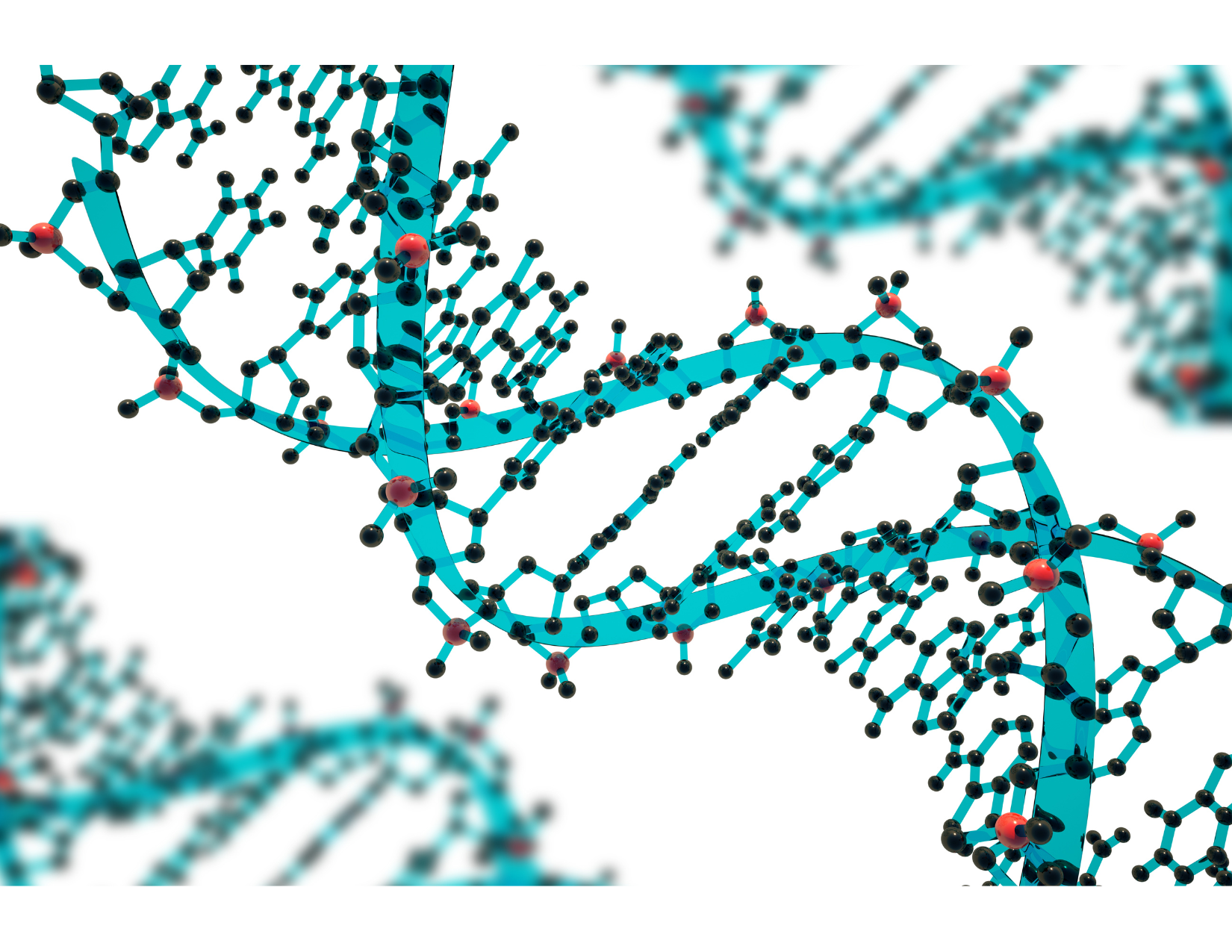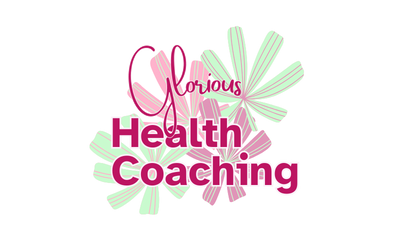It is sad to hear a client declare with resignation that they are near the end of their productive life, believing they have used up all their energy and creativity – now waiting for the slow progression of the final act in the 3-act play of their existence.
Is that really the way our biology unfolds?
Most people believe they are born with a given number of productive years then it all unravels while they watch, powerless to fight their inherited DNA blueprint.
But wait. Maybe there is more to understand. Maybe we have possibilities and answers that we haven’t known about.
What if the blueprints are not chiseled in stone, but flexible, living, and adaptable constructs that allow us some authority in the way we experience life on this planet. As we delve into current understanding of genetics, we discover there are variable options to the way our DNA is expressed. Tiny adjustments within our cells are influenced by our life exposures and choices. Choices like eating nourishing foods, soothing emotional stress, and removing toxic influences.
In this third post about stress, we will look at an important topic that explains how our body can express changes due to both damage and repair. It is the topic of epigenetics.
If you are curious about how this works, I offer a simplified explanation of how information moves from DNA to gene expression. The steps are much more complex than what is presented here, of course, and to add to the complexity, one step can fold back on the other. But we can still gain valuable information that allows us to rethink our “destiny” and use the principle of epigenetics to our advantage.
Epigenetics: the thumbnail version

As we have been told, our DNA serves as a chemical blueprint to make and direct minute expressions within our cells. There are many steps involved between the blueprint and the actual manifestation. [For a more complete explanation see this site.]
- First, a protein called a transcription enzyme creates a copy of DNA called RNA, made out of a similar but slightly different chemistry.
- Then, depending on the instructions it contains, the RNA code interpretation is executed within an environment of variable conditions and proteins that can act to switch genes on or off. *
- Once any adjustments have been made, the final, edited snippet of instruction is traditionally ** referred to as messenger RNA (mRNA), ready to be read by the cellular machinery.
Think of mRNA as the memo that is delivered to the assembly line workers, telling them which switches to turn on or off to make the parts our cells needed to survive. Because it is only a copy, changes to mRNA can be made safely without risking damage to the master blueprint contained in the DNA.
*When a particular gene needs to be expressed, the cell requires access to the protected DNA within chromatin. This means that the chromatin structure must be opened and the nucleosomes must be removed to expose the underlying target gene.**“Although we’ve been told Pfizer’s COVID-19 vaccine is manufactured with harmless messenger RNA (mRNA), the U.S. Food and Drug Administration’s (FDA) product label shows it contains artificially modified RNA—a key ingredient that is not naturally occurring and poses a substantial risk to human health.” (Pfizer Documents Show COVID-19 Vaccines Contain Potentially Harmful ‘Modified’ RNA, not mRNA, The Epoch Times, Megan Redshaw, J.D.
Naturally, at every stage of transcribing DNA into actionable proteins, choices must be made according to chemical and electrical influences present in the cell. This is how a given gene can be used for various purposes resulting in our cells having different components – or just different amounts of certain component parts. This is the mechanism used to explain why identical twins have differences despite their identical DNA and parenting. As they grow and experience the world in slightly different ways, they become genetically divergent through epigenetics. Cells actually change as a result of molecular choices to activate or deactivate the gene involved.
Epigenetics is the name for this system where the instructions seem to be morphed and matured based on molecular stresses.

On and Off
Genes are responsive to biochemical conditions such as blood sugar levels, hormones, and neurotransmitters. Your genes may also respond to psychological trauma. All of this may create future responses based on conditions that no longer exist.
Genes may appear to be squirrely and flip on or off without adult supervision, but they are acting as sentries by responding to either adverse stresses or improved conditions allowing our system to learn new behavior. The shifting is an effort to keep the system responsive to its changing environment and to insure our viability. Epigenetics allow us to respond to our environment.
What signals do genes respond to?
Eating well, exercising, meditating, and psychological and spiritual therapy can all have an influence on how the DNA blueprint is interpreted. Science now validates what we have suspected. Through our actions and awareness, we may influence our health and achieve greater possibilities. (See: Epigenetics and the Psychology of Weight Loss, Francisco M. Torres, MD)
As we search for personal wholistic integration (aka health), we recognize there are many sources of toxic and damaging influences such as chemical pollutants in air and water, invented foodstuffs, dysregulation of our body’s electrical signals from micro pulses of electronic devices. Of course, we have to add the chronic emotional stresses we experience when we do not act according to our moral judgment. The point I want to make is that we have all the innate abilities to correct and even recover from many types of damage [see side bar].
This is encouraging, but can adjustments pull us out of severe illnesses?
Sometimes miraculous
Recovery and adjustments that influence our genes can definitely improve our health. When these changes happen quickly, they are called miracles. But more commonly, the changes follow a gradual timeline, sometimes a very long time.
We should remember, the recovery from an illness or accident is improved when the health habits of the patient were already strong. This means routine attentiveness to health actually lays the ground work for and improves prognosis.
Evaluation of Stress Management and Stress Prevention Using Epigenetic Markers
Although there are only a few studies on the reversibility of stress-related epigenetic signatures so far, measurement of these particular signatures to evaluate the effectiveness of stress prevention and stress management seems promising. Increasing resilience by means of health-promoting cognitive and behavioral patterns under stress could thus be mediated by redirecting maladaptive epigenetic signatures [McEwen, 2016]. In the long term, it may therefore be possible to use interventions to promote resilience or to cope with stress specifically for this purpose, and to interpret the change in the epigenetic signature as a measure of their effectiveness. [Szyf et al., 2016]

How do you find reliable information?
I find a lot of health advice to be very confusing when “facts” conflict. A new and popular study may show how a supplement or nutrient is good or even essential, but critics can find fault and explain how different recommendations are better. Some authors stack poor information upon weak assumptions creating a leaning tower. Not being a data analyst, I use resources and analysts that I can usually trust. Also, my client’s experiences and my own weigh heavily in my considerations.
If you want to delve into published research yourself (highly recommended), you will want to distinguish between three levels of study and how they relate to our health decisions.
There is the physiological level of study where we see the effects of a change on every single cell. These are obvious changes when improvements or damage may be seen throughout our own body. The cell biology and molecular biology levels are very specific and may not be noticed on the body until the effects have built up over time. We may see studies that proclaim advantages or disadvantages that are obvious. Studies like these can be misleading for us non-researchers. In other words, we may read a conclusion on a published report with raw data that is not translatable into real life advice.
So, we must seek information that can be actionable. And we want to be aware that many research projects (if not most) may be tainted by a philosophical or other personal bias of the researchers and funded project. And be very wary of financial conflicts of interest. An example of a trustworthy presenter and researcher is Nick Verhoeven (Physionic). He is honest and has no apparent financial conflict of interest. And he isn’t shy about changing course as new information becomes available. That’s honesty. (He sprinkles in some charm as he covers important but admittedly dry content, as you can see here.)
Since I feel it is important to take action toward better health, I decided to write a book called Start Here. It emphasizes actions for personal responses to move toward truly healing and prevention.
I’ve heard, “A theory may be useful until it is shown to be unreliable”. We are not physiologically identical, nor do we have identical experiences, so we can’t expect a rock-solid set of principles that apply uniformly across the human spectrum.

How do we get there?
I’ve heard, “A theory may be useful until it is shown to be unreliable”. Science is based on skepticism and recognizing error. I think we can use science if we understand it is like any other tool. Some tools are dependable and useful, some may be useful but only in the short term, and some tools look really good as long as they stay in shrink-wrapped packages.
And what other useful skills can we apply to improving our energy and health?
Empathy and compassion can open the possibility of maturing and adapting. Although we will always need each other and seek areas of agreement, we must not abandon our principles. A mixture of evaluation, strength, and honesty is required. It is a recipe for unbearable stress to swap our principles for control by others who are assertive and self-serving.
What is our ultimate goal? It is to become exactly what we need to become, starting now. Using the assistance of the epigenetic principles that improve health and improve our chances of reaching our potential.
What gives you courage? Please leave your comments.
